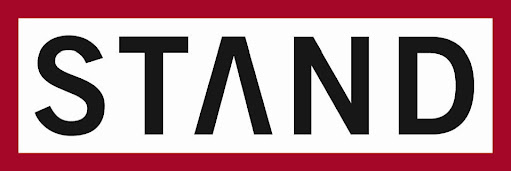
Apparently, the latest must-have fashion accessory for Western countries is…a special envoy to Afghanistan. Now that the United States, Britain, France, and Germany have them, it seems that Canada needs one as well, for fear of being left behind in the race to wield influence on the world stage.
This begs the following question: why isn’t Canada considering the appointment of a special envoy to Darfur or even Sudan? We did, after all, have one, in the person of Senator Mobina Jaffer, who was Canada’s Special Envoy to the Peace Process in Sudan from 2002 to 2006. Why now, when the crisis in Darfur is entering its sixth year, has the momentum on this country seemed to fade in favour of the (it seems) more immediately relevant to our national interest? Perhaps a better question to ask would be how we can make Sudan and the ongoing genocide a national priority once again.
Sudanese President Bashir’s move to expel aid agencies from Sudan in response to the International Criminal Court’s issuing of a warrant for his arrest is a shining example of what a Canadian special envoy to the region could have brought to the table. The UN Security Council flailed about in search of a statement in response to the expulsion, ultimately failing to agree on one. A Canadian envoy could have added his or her voice to that of Susan Rice, the US ambassador to the UN, to publicly speak out against Sudan’s move. A Canadian envoy could have put pressure on the Security Council to enact a strong response to the expulsion. With a special envoy to Sudan or Darfur, Canada would have been in a position to provide a coordinated response to the expulsion of humanitarian NGOs from Sudan. Without one, Canada was just flailing like the rest.
.jpg)



1 comment:
Hi Ian,
I agree wholeheartedly that Canada should renew its committement to Sudan by appointing a new Special Envoy since the previous one, Senator Mobina Jaffer, ended her appointment in 2006.
It is important now more than ever because Sudan is in its fourth year since the signing of the Comprehensive Peace Agreement between the Government of Sudan and the Southern Sudan People's Liberation Movement.
International observation and genuine understanding of the situation in all of Sudan (not just Darfur) is crucial if the international community is to help the tenuous peace agreement remain... peaceful.
I was in Southern Sudan last winter for about seven weeks and am just beginning to get a sense of the complexities facing the entire country if peace is to remain and not become just another phase of peaceful wrangling before the next decades-long war to devastate the already vulnerable part of the country.
General elections are scheduled for February 2010. These are the country's first (hopefully) democratic elections in Sudan in decades, which will must be peaceful, fair and without either internal or international manipulation if peace in Sudan is to be viable in the long run.
Last week, a high-level meeting took place in Washington, DC on June 23, 2009 to discuss the implementation of Sudan's Comprehensive Peace Agreement. Since Canada does not have a Special Envoy for Sudan, Canadian Minister of Foreign Affairs sent his Parliamentary Secretary Deepak Obhrai to head the meetings. Perhaps he is the next envoy, although I do not think it should be an elected Member of Parliament who should be an envoy, particularly during current minority governments and pending elections.
If the Canadian Government is serious about helping Sudan implement the CPA, it should appoint a new special envoy to Sudan. The SE should be someone knowledgeable about Sudanese affairs and African geopolitics, and should be able to hold onto the role as SE for a minimum of a few years to be able to follow the evolution of the peace process in Sudan to after its six-year interim period that ends in 2011 with a possible independence referendum for the South.
Post a Comment